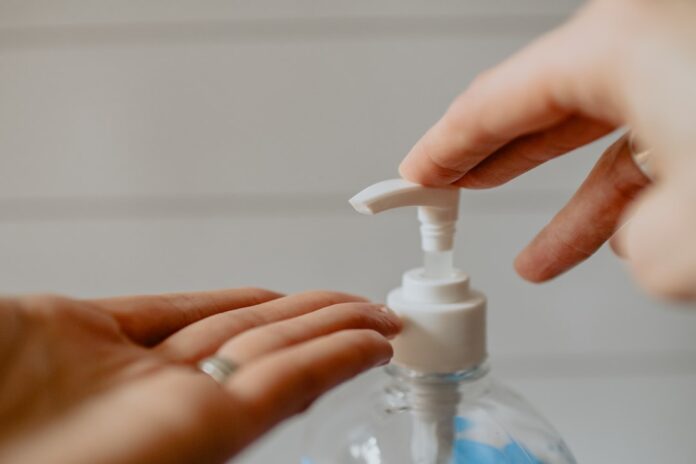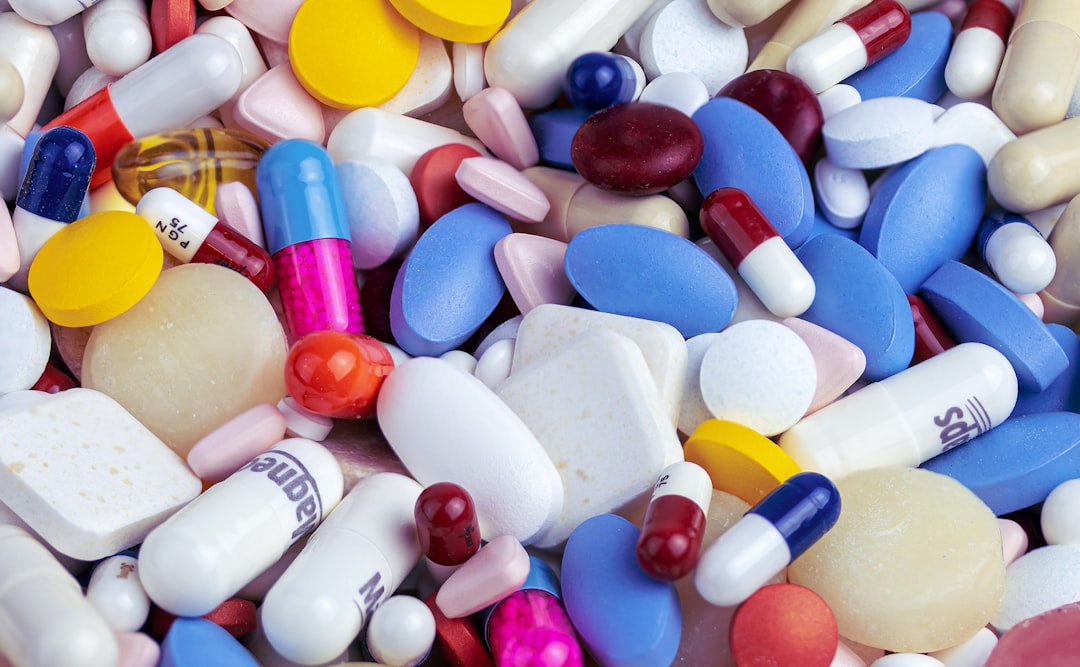Introduction
Antioxidants are essential for protecting our bodies from damage caused by free radicals, which are molecules that can damage our cells and contribute to aging and disease. Antioxidants have been used in a variety of products for years, but recent research has highlighted their importance in preventing aging and promoting health. In this blog post, we will explore the role of antioxidants in preventing aging and promoting health.
What are Antioxidants?
Antioxidants are molecules that can neutralize free radicals, which are molecules that can damage cells and contribute to aging and disease. Free radicals are produced as a result of normal cell metabolism, but they can also be produced from environmental sources such as air pollution, radiation, cigarette smoke, and pesticides. Antioxidants can help protect against the damage caused by these free radicals by binding to them and neutralizing them.
How Do Antioxidants Prevent Aging?
Free radicals are known to damage cells and are associated with the development of diseases such as cancer and heart disease. Over time, these free radicals can cause damage to our cells, leading to an increase in wrinkles, age spots, and other signs of aging. Antioxidants can help protect our cells from this damage by neutralizing free radicals before they can cause any damage.
How Do Antioxidants Promote Health?
In addition to their role in preventing aging, antioxidants are also important for promoting overall health. Antioxidants can help protect against diseases such as cancer, heart disease, and diabetes by neutralizing free radicals before they can cause any damage. Antioxidants can also help reduce inflammation, which is associated with a variety of chronic diseases.
Which Foods are High in Antioxidants?
There are a variety of foods that are high in antioxidants, including fruits and vegetables. Fruits such as blueberries, strawberries, and raspberries are especially high in antioxidants, as are vegetables such as broccoli, spinach, and kale. Additionally, nuts and seeds are also good sources of antioxidants.
Conclusion
Antioxidants are essential for protecting our bodies from free radical damage, which can lead to aging and disease. Antioxidants can help prevent aging by neutralizing free radicals before they can cause any damage. Additionally, they can help promote overall health by reducing inflammation and protecting against diseases such as cancer, heart disease, and diabetes. Eating a diet that is high in fruits, vegetables, nuts, and seeds can help ensure that you are getting enough antioxidants to protect yourself from aging and promote health.Lastly, antioxidants can help keep your skin looking youthful and vibrant by reducing the damage caused by environmental factors such as sun exposure and pollution. They can also help reduce the appearance of wrinkles and reduce the signs of aging. Eating a diet rich in antioxidants can help keep your skin looking healthy and young.Antioxidants are found in many fruits and vegetables, such as blueberries, raspberries, spinach, kale, carrots, and sweet potatoes. They can also be found in nuts, seeds, and legumes, as well as certain spices, such as turmeric and ginger. Eating a diet rich in antioxidants can help protect your skin from damage caused by free radicals, reduce inflammation, and promote a more youthful complexion.Additionally, antioxidants can help to reduce the risk of certain
Photo by Myriam Zilles on Unsplash
chronic diseases, such as heart disease and cancer.Antioxidants can also be found in many fruits and vegetables, such as blueberries, strawberries, oranges, spinach, and broccoli. Eating a diet with plenty of fresh produce can help ensure your body gets the antioxidants it needs to fight off free radicals. Additionally, antioxidant supplements can also be taken to boost your dietary intake.Antioxidants help protect your cells from damage caused by free radicals, which are a normal byproduct of metabolism. Free radicals can damage cells and lead to inflammation, accelerated aging, and a host of other health issues. Antioxidants work to neutralize these free radicals, thus protecting your cells from damage. Eating plenty of fresh fruits and vegetables can help to ensure your body is receiving the antioxidants it needs to fight off free radicals. Additionally, antioxidant supplements can also be taken to boost your dietary intake.In addition to eating antioxidant-rich foods, exercising regularly can help to reduce oxidative stress in the body. Regular physical activity helps to reduce inflammation, which can help to reduce the production of free radicals. Additionally, regular exercise can help to boost the body’s natural antioxidant defenses. Finally, reducing your intake of processed and sugary foods can help to reduce oxidative stress levels, as these types of foods can increase inflammation and free radical production.Making these changes to your diet and lifestyle can help to reduce oxidative stress levels in the body and promote good health.In addition to these tips, it is always important to talk to your doctor if you are concerned about oxidative stress and its impact on your health. Your doctor can provide you with more personalized advice about how to reduce oxidative stress in your body, as well as monitor your progress.It is important to remember that reducing oxidative stress requires a multifaceted approach. While making changes to your diet and lifestyle can help, it is also important to address any underlying health conditions that may be contributing to oxidative stress levels. Additionally, if you are concerned about your oxidative stress levels, it is important to talk to your doctor about the best way to reduce them. With the right approach, you can help to reduce oxidative stress levels and promote good health.Your doctor may recommend lifestyle changes, such as increasing your activity level, eating a healthy diet, and reducing stress levels. They may also discuss whether supplements, such as antioxidants, would be beneficial for you. Additionally, they may suggest certain laboratory tests to determine your oxidative stress level and help guide your treatment.They may also recommend lifestyle changes such as increasing your intake of fruits and vegetables, reducing your intake of processed foods, and exercising regularly, in order to reduce your oxidative stress.Additionally, they may suggest dietary supplementation with certain vitamins and minerals that are known to help protect against oxidative stress.Finally, they may suggest alternative therapies such as acupuncture or yoga that have been shown to reduce oxidative stress.Finally, they may recommend certain herbal remedies that have been used to help reduce oxidative stress.Additionally, they may suggest further medical testing in order to determine the underlying cause of your oxidative stress.




